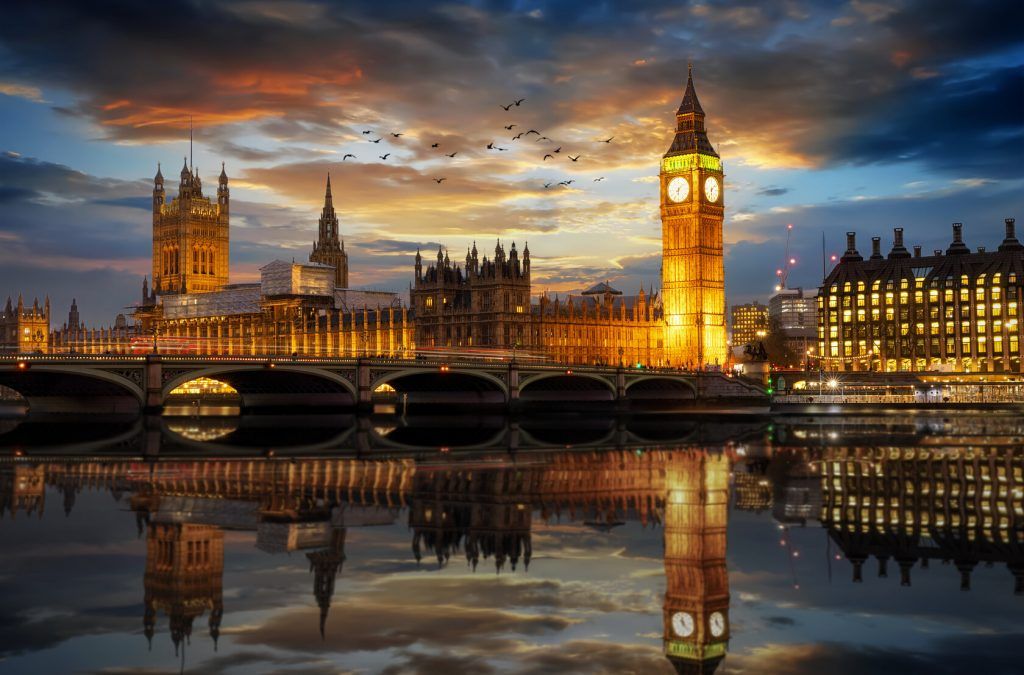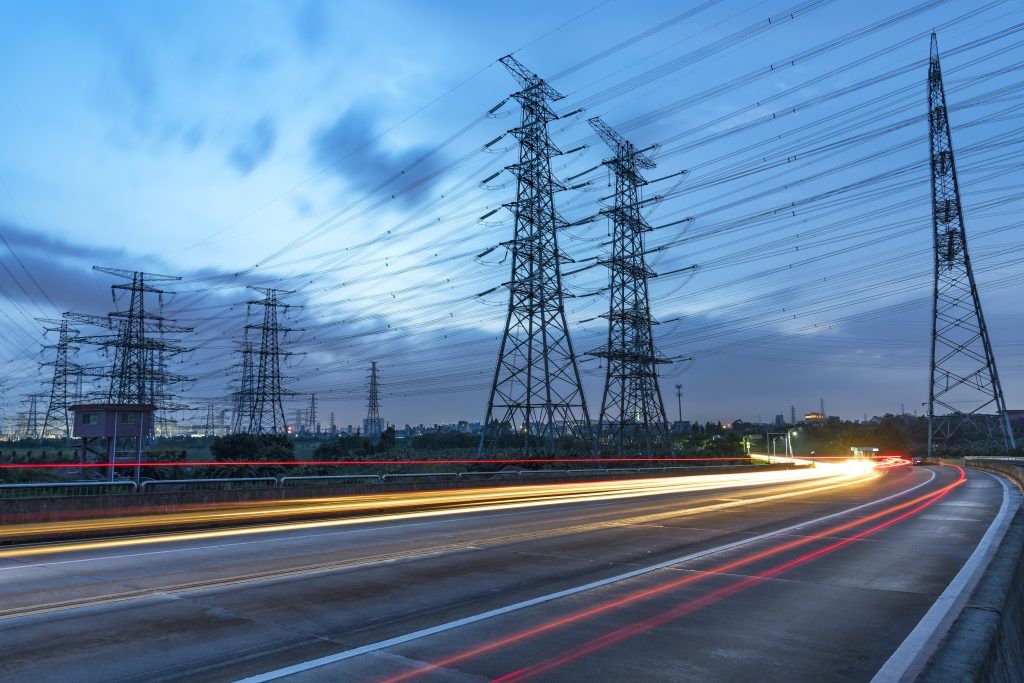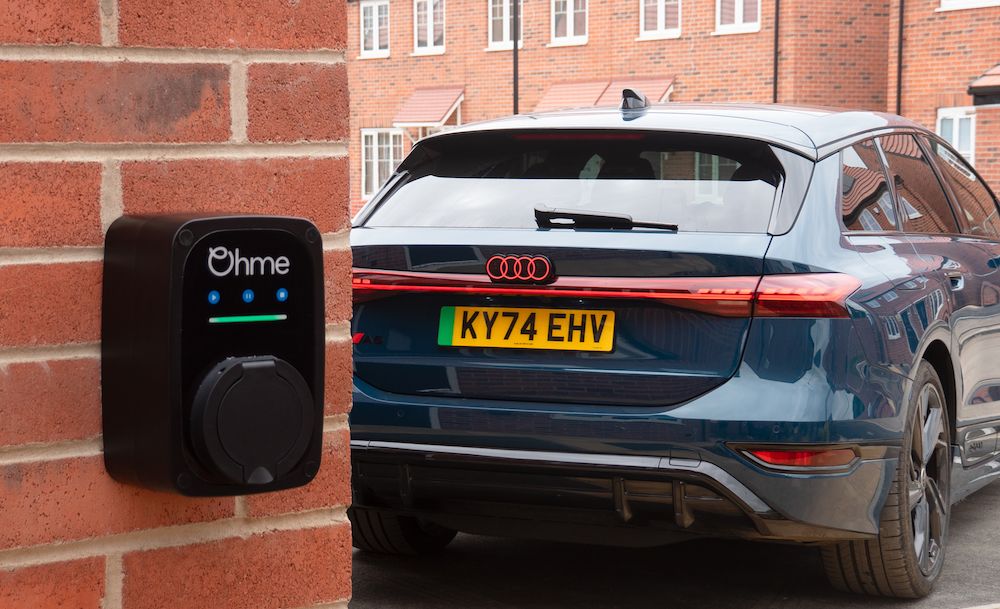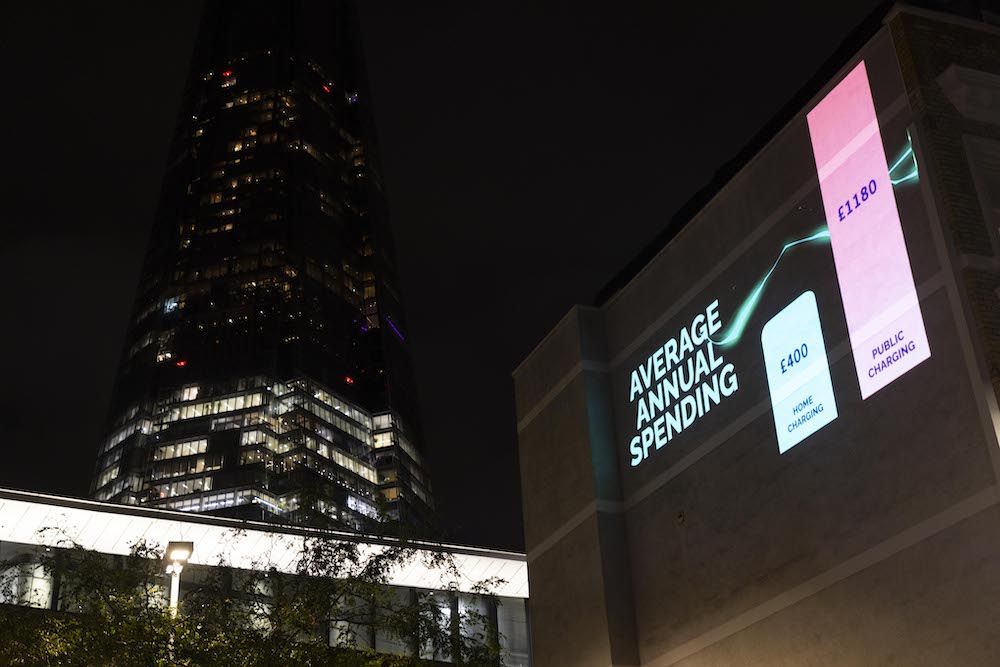The Spring Budget today (15 March) has focused on energy prices and security with the decarbonisation of supply and transportation receiving less attention.
Chancellor of the Exchequer, Jeremy Hunt, instead focused on the cost-of-living crisis, and especially the high price of energy bills in his statement at lunchtime today.
As part of a suite of measures, Hunt said he would extend the Energy Price Guarantee of £2,500 per household until the end of June, ensuring prices will remain at similar levels to currently. The move will also means prices will be cheaper than expected, as the Ofgem Price Cap has been set at the higher rate of £3,280 for this period. Additionally, the Chancellor has extended the Climate Change Agreement scheme for businesses on energy to March 2025, meaning £60m-worth of tax breaks for energy-efficiency on Scope 1 and 2 emissions can now continue for two more years, he said.
Nuclear energy was also reclassified as a form of sustainable “green growth” by Hunt, which could see it able to access similar incentives for investment as other forms of renewable energy, such as wind and solar. There was no mention of hydrogen in the Budget.
“Enormously disappointing”
The lack of focus on electric vehicles, the decarbonisation of transport and energy has been seen as a missed opportunity by industry experts.
Quentin Willson of FairCharge, who had campaigned for a cut in VAT on public EV charging, said: “Today the Chancellor missed a crucial moment to ensure the UK keeps pace with Europe and the US in the race to net zero. This statement was an opportunity to slash the ludicrous VAT differential between public (20%) and home (5%) EV charging, an unfair and outdated policy hindering EV uptake among those without driveways.
“It’s enormously disappointing to see this low-cost intervention once again brushed aside. This is a huge policy failure and the mass adoption of EVs in the UK is being sabotaged by archaic Treasury policy.”
“Little of note”
Peter Golding, Managing Director of FleetCheck, said there was “little of note” for fleets, especially on EVs – and the freeze in fuel duty would go “largely unnoticed” as fossil fuel prices were falling in recent months.
He said: “What is perhaps most disappointing is that no support was announced for the electrification of the UK motor industry.
“Industry bodies have been calling for this and it really does feel as though the government is letting our car and van manufacturing capacity drift away to other countries that are being more proactive.”
“Questions remain”
Professor Karen Turner, Director of the University of Strathclyde’s Centre for Energy Policy, said the Budget went “some way” to addressing the challenges of spending on climate and energy – but more needed to be done.
She said: “There have been calls from UK businesses for UK Government to go further in support to business around incentivising green technologies and industries, particularly in the face of the US Inflation Reduction Action, which commits nearly $400bn of spending on climate and energy and could draw activity away from the UK.
“The Budget does go some way to addressing this challenge through announcements such as the creation of 12 investment zones, tax relief for businesses on energy efficiency measures through the Climate Change Agreement scheme, and £20bn investment in carbon capture technology to reduce emissions, which our own research has demonstrated could bring real economic benefits to the UK.
“Yet questions remain as to whether this will be enough, with key decisions on the development and deployment of potentially important solutions such as hydrogen and the associated infrastructure requirements outstanding. As highlighted in the Skidmore Review, concrete detail and strategic thinking is required from Government to enable businesses to plan with greater certainty around the transition to Net Zero.”
Image courtesy of Shutterstock.














